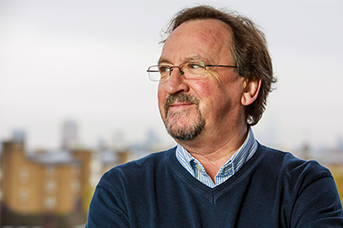Profile
I gained an MA in Russian and a Diploma in Slavonic Languages at the University of Glasgow before taking up the post of Russian Curator at the British Library. Some twenty years later I returned to academic studies at Queen Mary and in 2009 completed my doctoral research into the Russian political emigration in late nineteenth century London.
Membership of professional associations or societies
-
Member of BASEES (British Association for Slavonic and East European Studies) Study Group on the Russian Revolution
